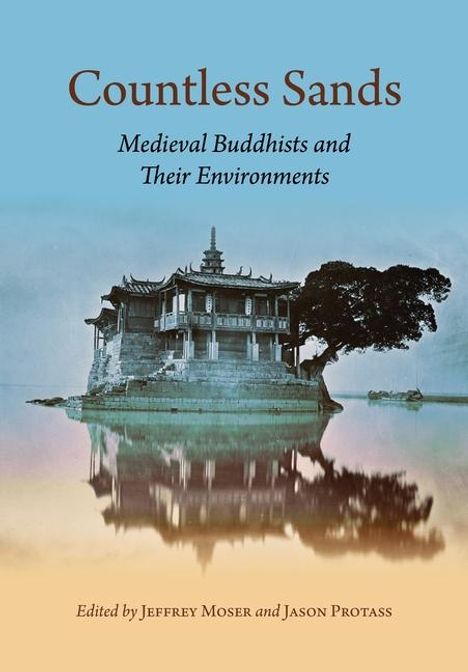Countless Sands, Gebunden
Countless Sands
Buch
- Medieval Buddhists and Their Environments
lieferbar innerhalb 1-2 Wochen
(soweit verfügbar beim Lieferanten)
(soweit verfügbar beim Lieferanten)
Aktueller Preis: EUR 87,14
Verlängerter Rückgabezeitraum bis 31. Januar 2026
Alle zur Rückgabe berechtigten Produkte, die zwischen dem 1. bis 31. Dezember 2025 gekauft wurden, können bis zum 31. Januar 2026 zurückgegeben werden.
Versandkosten
(United States of America): EUR 19,90
- Herausgeber:
- Jeffrey Moser, Jason Protass
- Verlag:
- University of Hawaii Press, 12/2024
- Einband:
- Gebunden
- Sprache:
- Englisch
- ISBN-13:
- 9780824895730
- Artikelnummer:
- 11901502
- Umfang:
- 328 Seiten
- Gewicht:
- 957 g
- Maße:
- 257 x 178 mm
- Stärke:
- 23 mm
- Erscheinungstermin:
- 31.12.2024
- Hinweis
-
Achtung: Artikel ist nicht in deutscher Sprache!
Klappentext
Essays from the "Buddhist Geoaesthetics" conference held at Brown University, May 3-4, 2019.

Countless Sands
Aktueller Preis: EUR 87,14

